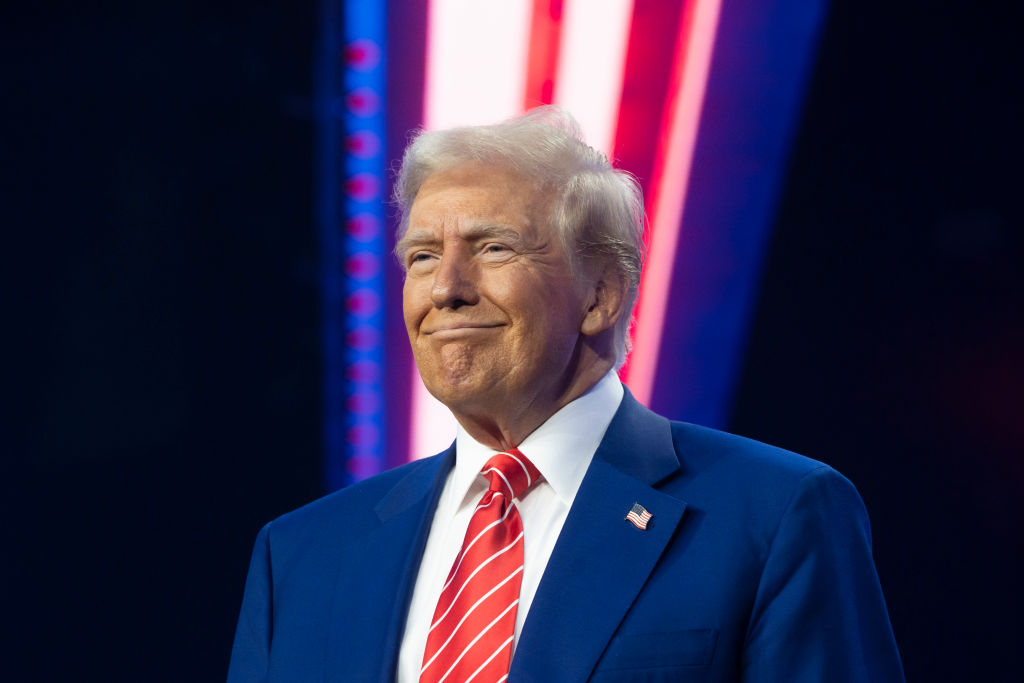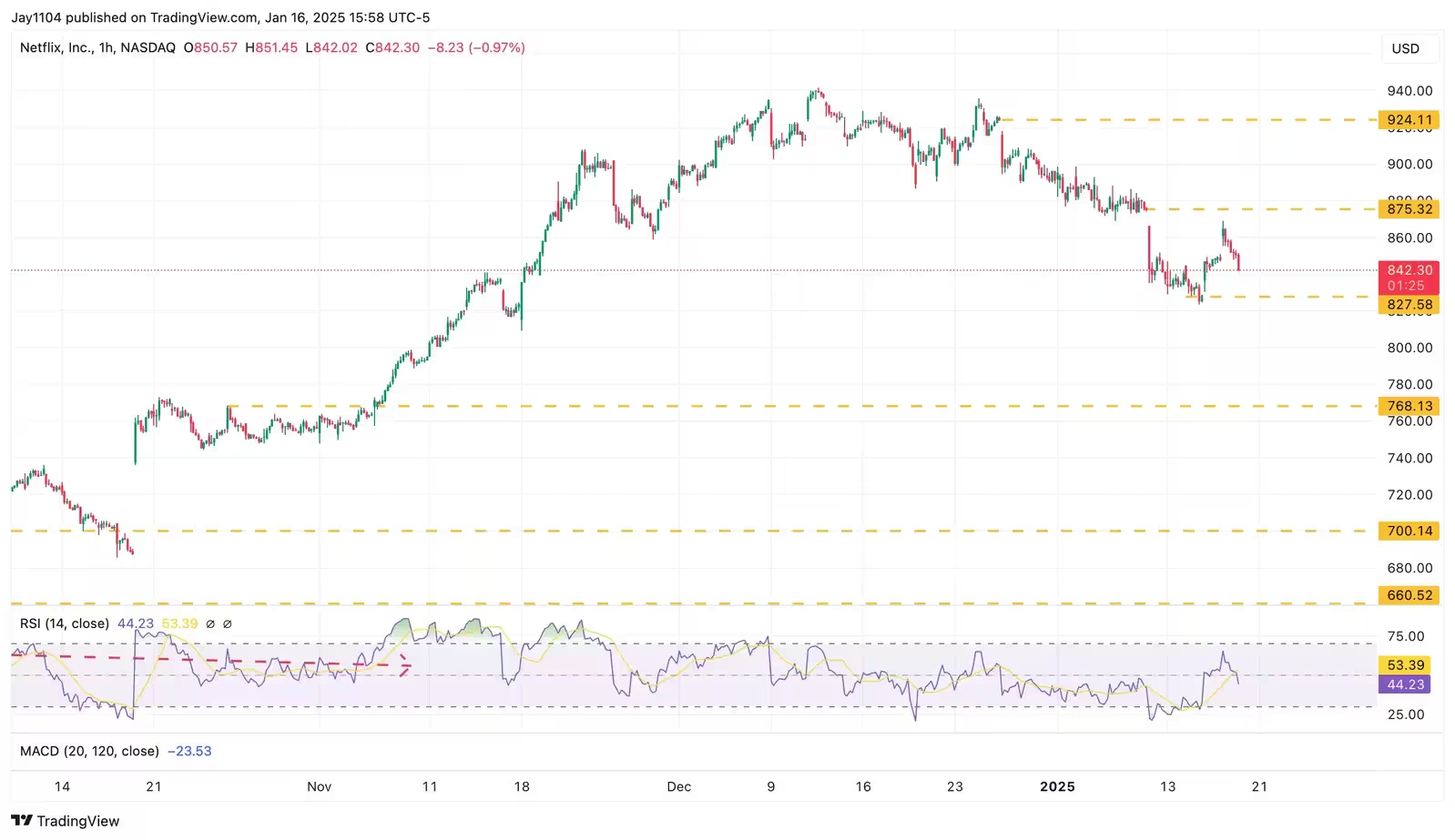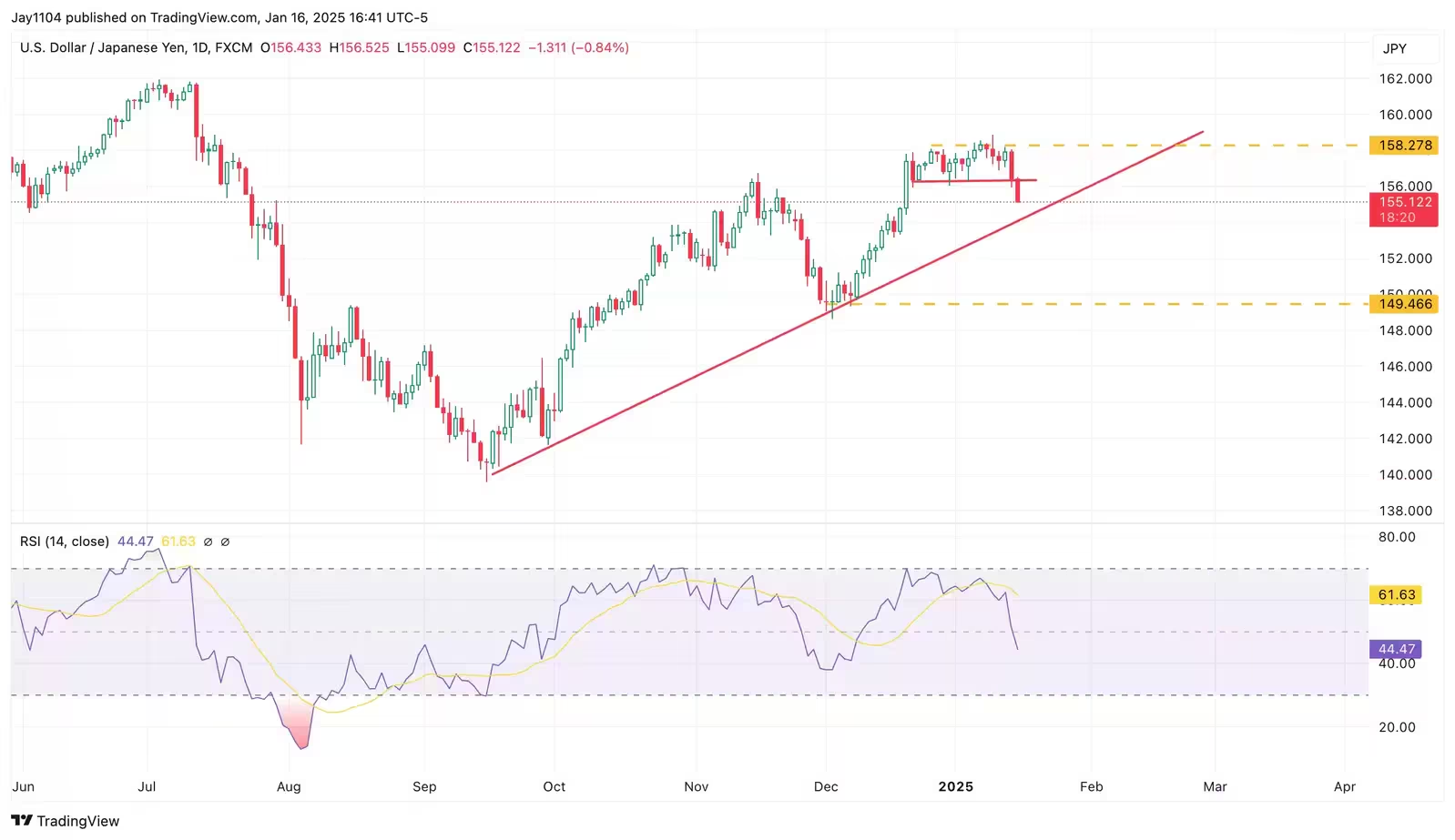The US will have a holiday-shortened trading week, with markets closed on Monday 20 January in observance of Martin Luther King’s birthday. That also happens to be the day of president-elect Donald Trump’s inauguration. The coming week is light on economic announcements, aside from a Bank of Japan rate meeting on Friday which we preview below. On the earnings front, Netflix is set to report its latest quarterly results.
Trump's second act
When Donald Trump is sworn in as the 47th President of the United States of America on Monday (Tuesday 3am AEST / 5am NZST), the big stage will be set for a man who, judging by his bold announcements and provocations of the past few weeks, will leave no stone unturned in terms of economics and geopolitics in the coming weeks, months and years.
Despite Wall Street being closed on Monday for Martin Luther King Jr. Day (or perhaps because they are closed), financial markets remain on edge over the potential impact of the Republican president's first 100 days in office. However, many shifts in rates and prices began after his election in November, leaving room for reversals if actions don't align with his rhetoric.
Trump's first term was characterised by a tariff-heavy approach, particularly targeting China. A similar strategy is expected in his second term, likely following a "Reaganomics" approach, where extreme demands set the stage for eventual compromises or deals. Tariffs typically strengthen the US dollar, which has risen notably since the election.
This is also because the US Federal Reserve, once a key driver of market optimism with its interest rate changes, has adopted a more cautious stance on the back of uncertainty about upcoming White House decisions. If initial tariff hikes are less severe than expected, the dollar's current strength could reverse.
Trump's promise to deregulate the financial sector has been celebrated by Wall Street with the sector index rising over 7% since his election. By rolling back parts of the Dodd-Frank Act (a 2010 federal law designed to “promote the financial ability of the United States by improving accountability and transparency in the financial system”), the government could aim to stimulate lending and investment. However, the impact will depend on how these plans are implemented.
US businesses are eager for Trump's proposed tax cuts, which could boost investment and shareholder returns by lowering corporate taxes and incentivising the repatriation of offshore profits. However, balancing these cuts with the government’s budget deficit is crucial. If done right, the reforms could benefit businesses, but if they worsen the deficit, they could spook bond markets.
The tough stance on China Trump announced throughout his campaign could raise geopolitical tensions, impacting trade and global markets. However, improved relations with Russia might shift energy markets and defence spending. This could lead to the US signing a new agreement, a la the Plaza Accord (an agreement made in 1985 to depreciate the US dollar against other currencies), with China, which could lower energy prices.
Finally, Trump's long-announced infrastructure plan could boost the economy by creating jobs through investments in roads, bridges, and broadband connections. However, here too the financing remains uncertain, and excessive spending may increase the national debt. The first 100 days of Trump's second term will likely send ripples through financial markets, impacting everything from stocks and bonds to commodities and currencies.


